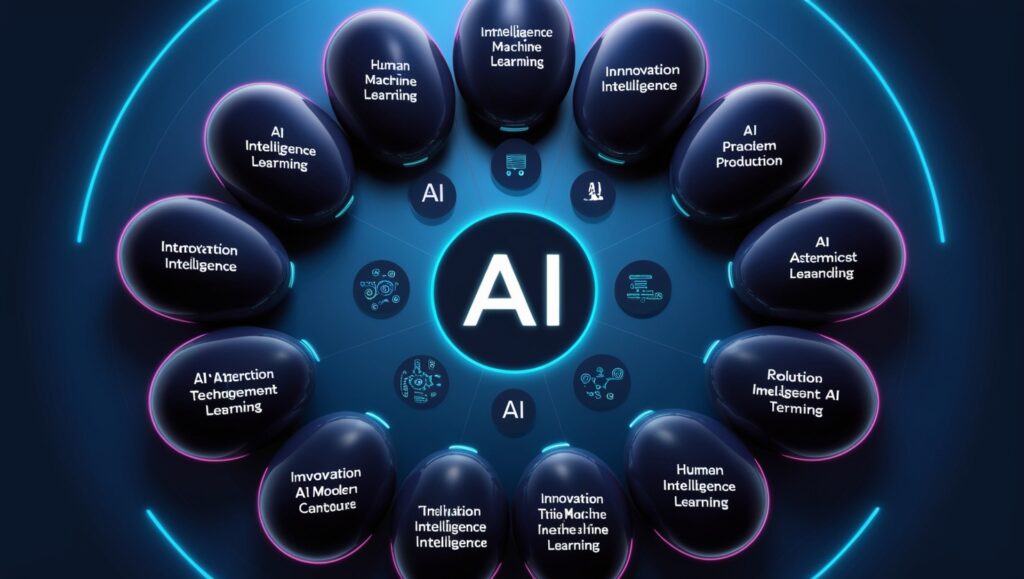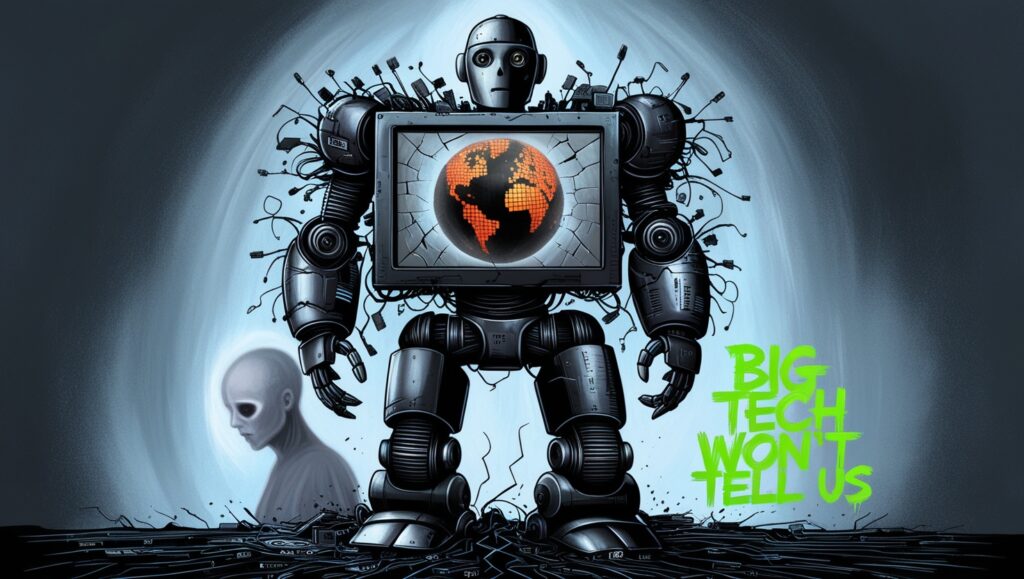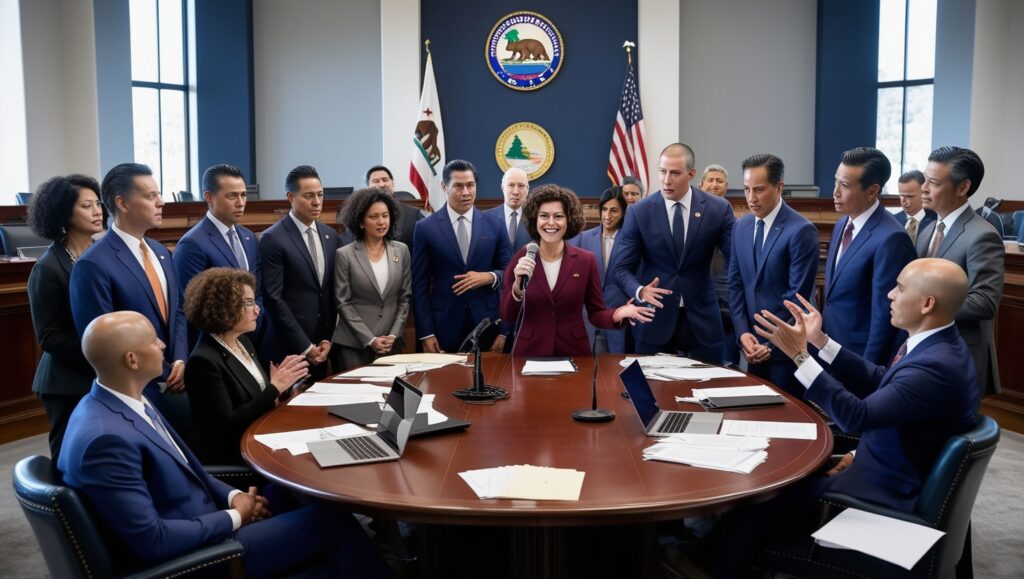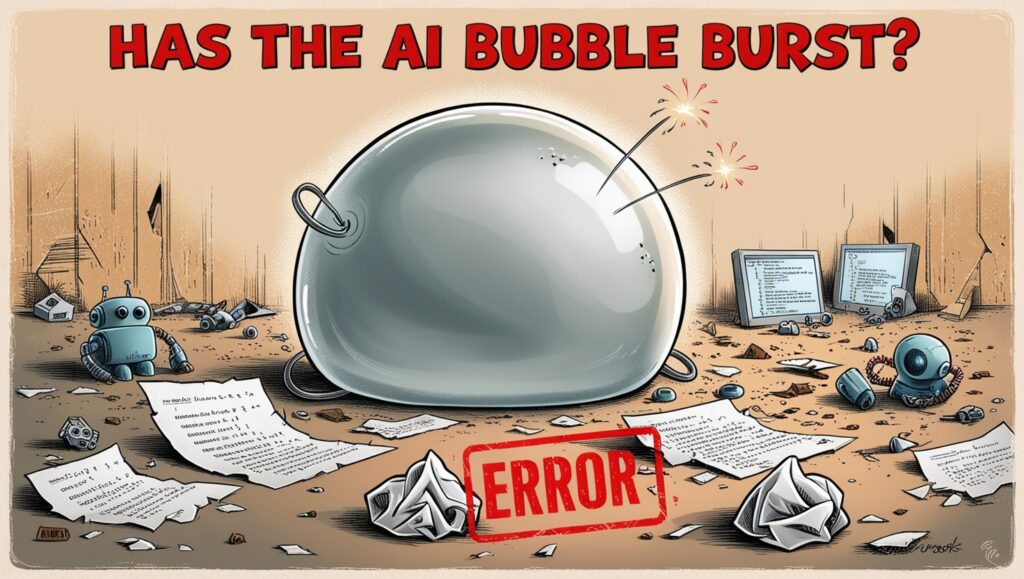Companies of all sizes are vying to provide the greatest products in this rapidly expanding industry, which is intensifying the competition for the top AI expertise. It appears that at the moment, the tech industry’s largest players with the largest bankrolls are coming out on top.
The CEO of Microsoft’s consumer AI division, Mustafa Suleyman, previously cofounder of Google’s DeepMind, left his startup, Inflection AI, last week. The CEO of Perplexity, Aravind Srinivas, said in a podcast a week prior that his company lacked enough GPUs—Nvidia’s expensive and in-demand chips—to hire a top AI researcher from Meta. In November of last year, Salesforce made an attempt to entice researchers away from ChatGPT by promising to match their remuneration levels, following Sam Altman’s temporary dismissal from OpenAI.
There is a great need for employees who can develop and train large language models, as demonstrated by this labor carousel between enterprises. This is necessary to ensure that AI delivers the desired outcomes for businesses. Nonetheless, hiring managers at startups and smaller businesses report that they have difficulty finding candidates with both technical and non-technical AI abilities; some tech executives even feel that Big Tech is driving them out of the market.
J.T. O’Donnell, the CEO and founder of Work It Daily, a career coaching business, told that companies like Meta are snatching up and retaining talent. And because they lack the resources, smaller businesses won’t be able to entice away that talent, according to O’Donnell.
Big Tech is willing to pay up to a million for AI talent
Hiring employees with the necessary expertise is costly, which is one of the reasons it’s so challenging for smaller businesses.
The cofounder and chief recruiter of Einstellen expertise, a platform that connects job seekers with generative AI firms, Alex Libre, told that AI expertise is among the highest paid in today’s workforce.
Furthermore, larger, more reputable businesses typically give the highest salaries. He has witnessed large companies paying junior employees at least $100,000 and top specialists close to seven figures. For smaller companies with fewer financial resources, that is bad news.
To compete with the tech giants, however, Libre claims that startups are already beginning to be “extremely generous” with their offers to early-stage AI hiring, including providing shares.
It was previously unheard of for him to witness a founding machine learning engineer get 4% of the outstanding shares of a firm, according to Libre.
There aren’t enough employees with AI expertise
But there are other factors at play in the struggle for labor besides unequal financial incentives. A lot of job seekers just lack the necessary abilities.
According to Libre, there is definitely a talent gap in AI.
According to Libre, “highly skilled” programmers and data scientists with advanced degrees who are proficient in programming languages like Python are typically considered for generative AI employment. Additionally, they are knowledgeable on deep learning software frameworks such as PyTorch, Ray, and TensorFlow.
But according to the recruiter, employers are increasingly looking to hire individuals with a deep knowledge of AI, such as copywriters, product managers, and other positions that may not require a technical experience. This entails creating effective prompts, utilizing the technology in workflows, and comprehending outputs produced by bots.
According to Libre, the availability of this skill set is both less than what the industry requires and less than what most individuals realize.
Hugging Face recruiter Flavien Coronini concurred that the open-source AI startup is having difficulty filling positions due to a lack of expertise and Big Tech’s domination in the industry.
They face fierce competition from bigger businesses and more seasoned players in the sector as a quickly expanding company in a specialized field like artificial intelligence, Coronini said. In addition, there is a small pool of personnel with the requisite experience and knowledge, and the skills and expertise needed for their team are highly specialized.
Companies are just getting started with AI
Nonetheless, recruiters agree that businesses will eventually catch up to generative AI because it is still relatively young.
Some achieve this by internal talks on how the technology can be implemented throughout the organization, hiring a chief AI officer, and using consultants.
Through external online classes and their employers’ skills training programs, workers are also beginning to learn more about using generative AI. In order to assist developers in learning about natural language processing and related subjects, Hugging Face now provides public educational resources, including tutorials and videos.
It might become simpler to find qualified candidates for AI-related jobs as businesses and workers gain a better understanding of the technology.
“It’s a journey,” O’Donnell declared. “Anytime you have a new skill set, it’s like the wild, wild west, and everyone’s racing to get to the cream of the crop regarding hiring.”
But for the time being, a corporation may find that all it takes to acquire the perfect individual is a large salary and an established AI setup – whether that means having enough GPUs or other skilled people. And that works to the advantage of large, well-funded firms like Microsoft and Meta.
According to her, an individual who is highly interested in AI will look for an employer who can provide them with the resources they need to succeed.









